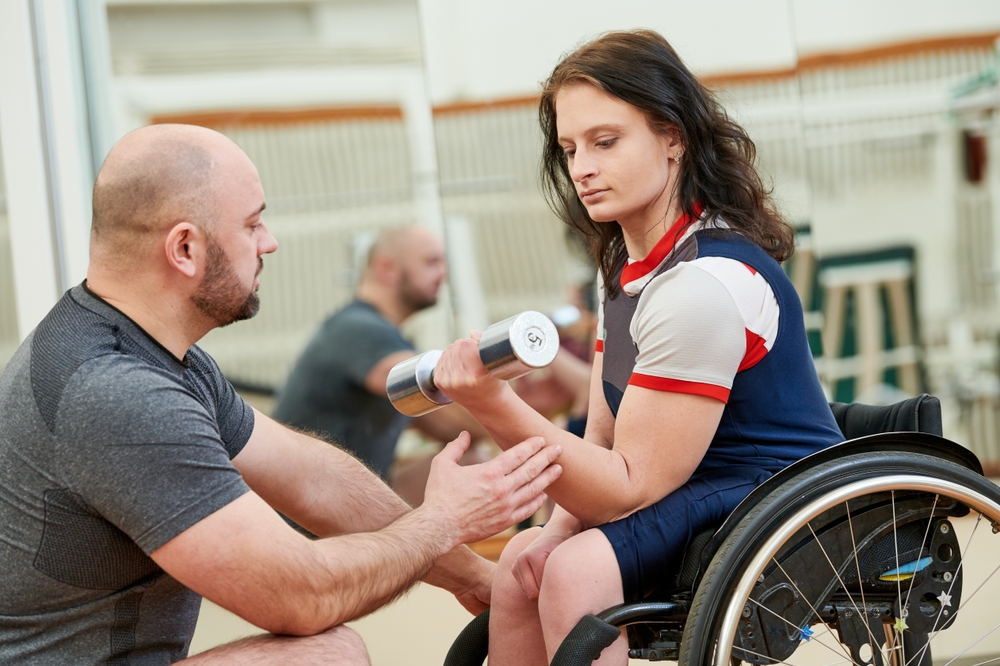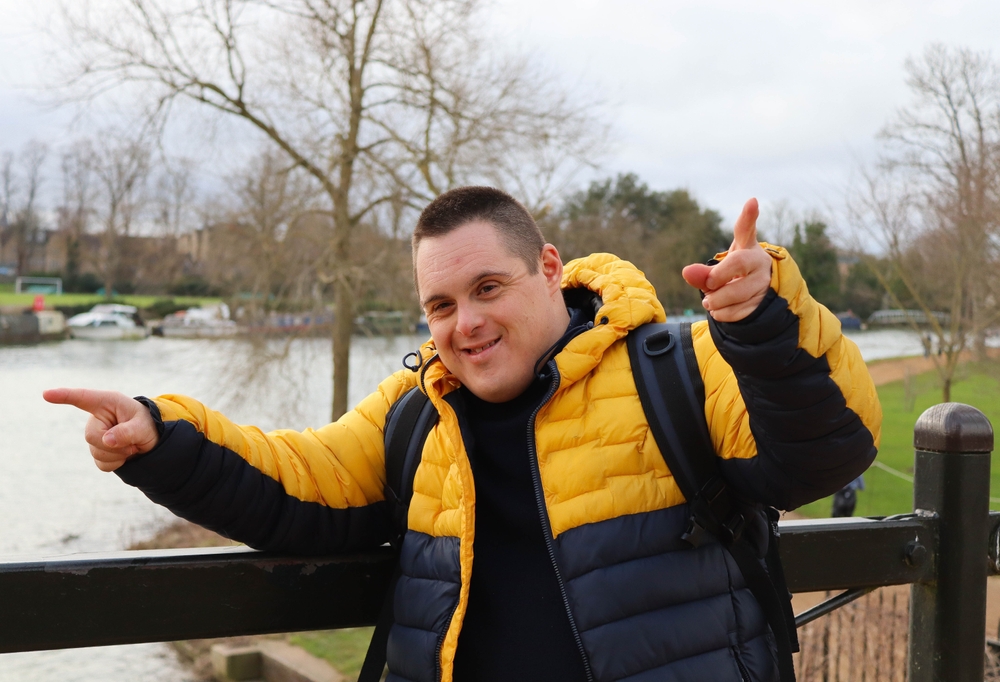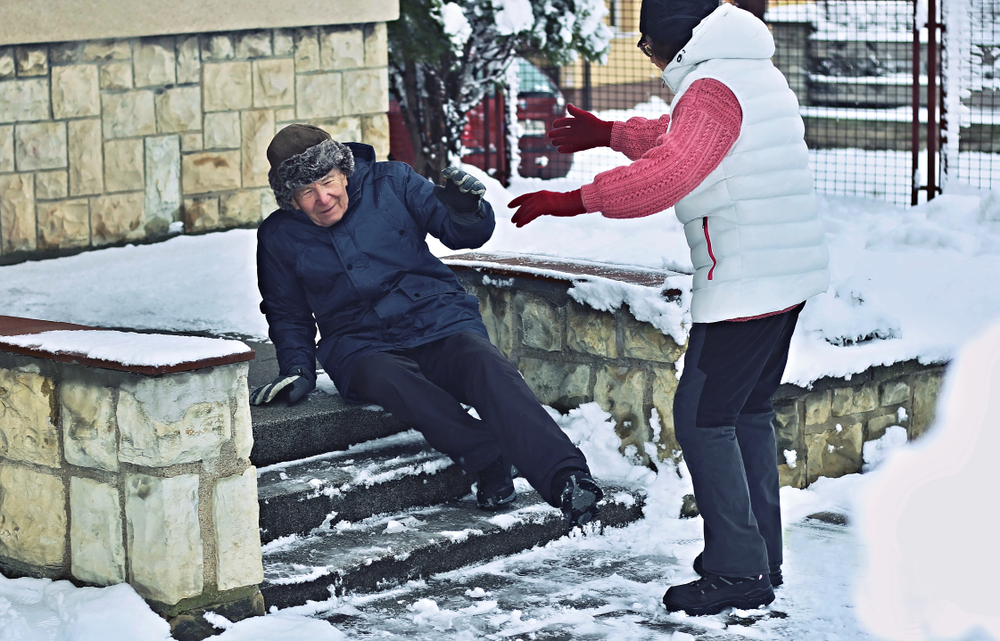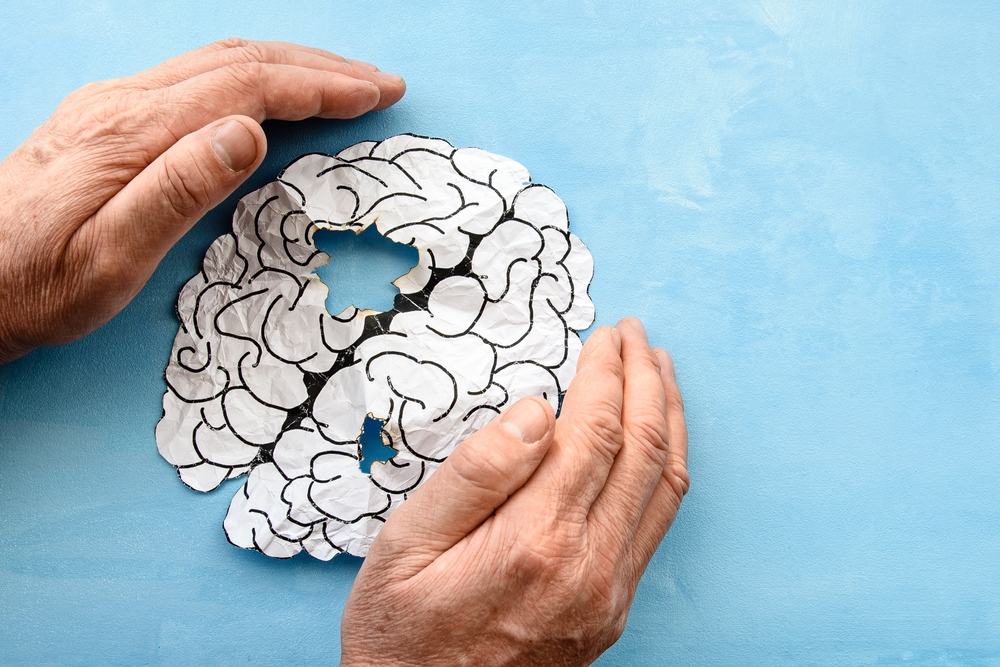Make an Appointment
The ultimate goal of physiotherapy is to help people live better lives, regardless of what ailments they face. When it comes to motor neurone disease, you’re dealing with a lot of unpleasant symptoms as well as the mental challenges of a life-threatening disease.
Here, we’re talking about motor neurone disease causes and symptoms, what are early symptoms of motor neurone disease, and how you can go about managing these symptoms of early motor neurone disease.
What is motor neurone disease?
Motor neurone disease is a neurodegenerative illness affecting the brain and spinal cord that leads to progressive paralysis.
MND Australia definition of Motor Neurone Disease
“Nerve cells (neurones) control the muscles that enable us to move, speak, breathe and swallow. Motor neurone disease (MND) is the name given to a group of diseases in which these neurones fail to work normally. Muscles then gradually weaken and waste, as neurone degenerate and die.”
The disease affects around 2 out of every 100,000 people from middle age to the elderly, usually in the sixth or seventh decades of life. But it can affect younger people occasionally.
For example, amyotrophic lateral sclerosis (ALS or Lou Gehrig’s disease) is a type of motor neurone disease. ALS/Motor neurone disease symptoms are painless, but also degenerative and terminal.
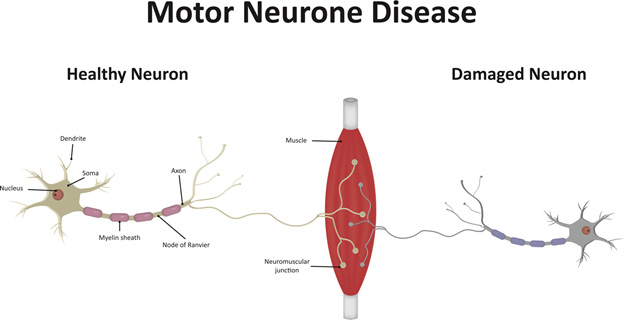
Motor Neurone Disease Symptoms and Treatment
What are the early symptoms of motor neurone disease? What are the first signs and symptoms of motor neurone disease? These are some questions you might be asking yourself.
Motor neurone disease early symptoms tend to present themselves in three recognisable patterns – limb, bulbar, and respiratory.
Limb symptoms, which are the most common, include:
- Dropping objects while holding them
- Difficulty manipulating objects using one hand such as turning keys, opening bottles, and writing
- Foot drop
- Heaviness in one or both legs
- Tendency to trip
- Difficulty standing up from sitting
- Difficulty climbing stairs
- Fatigue when walking
Bulbar onset symptoms include:
- Slurring speech
- Difficulty swallowing
- Emotional lability such as inappropriate laughing or crying
Respiratory onset symptoms, which are the least common, include:
- Laboured breathing
- Shortness of breath
- Hyperventilation overnight
- Frequent waking or poor sleep quality
- Extended periods of sleepiness
- Early morning headaches
Perhaps the only bright side in terms of motor neurone disease is that there is no pain associated with these symptoms. However, this can lead to the condition going undiagnosed for longer than it should, which is very dangerous.
In addition to these unfortunate motor neurone disease symptoms, life expectancy with the illness tends to be between 2 and 5 years from the onset of the disease.
Although this prognosis is grim and it’s still incurable, motor neurone disease signs and symptoms are treatable and there are things you can do to live better in spite of the disease.
Management of Motor Neurone Disease
Unfortunately, motor neurone disease symptoms, NHS studies show, cause nihilism to take hold of many patients who are diagnosed with the condition. It’s understandable that it would be difficult to feel like there’s a point to life when you’re given such a devastating diagnosis without much time left.
Still, even with these symptoms of motor neurone disease, NHS researchers have found that physiotherapy can improve the rest of your life in huge ways. After all, all we can do is live our lives to the best of our ability day by day.
Motor neurone disease physiotherapy management is one of the best ways to help people with ALS and other motor neurone diseases. Physiotherapy helps by:
- Strengthening the muscles that haven’t been affected by motor neurone disease
- Improving the flexibility in muscles that have been affected by motor neurone disease
- Preventing stiffness in joints
- Helping with breathing techniques if the motor neurone disease is affecting the respiratory system
Additionally, physical exercise releases endorphins which helps those suffering from motor neurone disease stay positive while fighting their condition.
Our talented physiotherapists believe in the power of movement to help people from all walks of life. We’re trained, knowledgeable, and committed to helping you live a better life from the inside out, no matter what.
If you’re dealing with the unimaginable turmoil associated with motor neurone disease, consider getting in touch with Physio Inq to help your body feel as good as it can. You can visit us at one of our convenient clinics throughout Australia or let us come to you with our mobile physio services.
We know it’s not a cure, but we’re sure you’ll experience a plethora of benefits from physiotherapy, both in body and mind.? We’re here for you! Give us a call today or book online with one of our mobile and home services.
Date Published: Thursday, October 17, 2019
Locate a Occupational Therapy
Service Near me
Get the experience & convinence you deserve to support your or a loved one's allied health needs.
Our Occupational Therapy team are currently serving & taking appointments in the following states and regions in Australia:
Need to get into direct contact with ur Client Services team? We're all ears. Call our team directly on 1300 731 733


